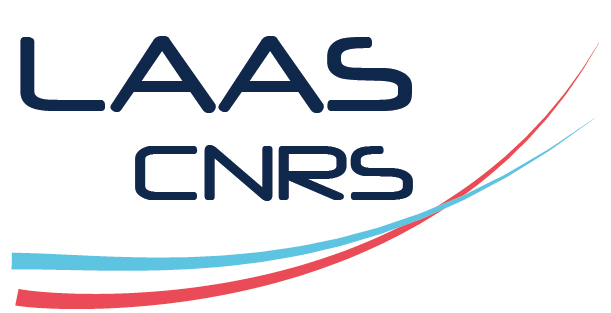The MAC Team does research in the field of systems and control theory and aims at developing a mathematical and theoretical basis for control and dynamical systems modeling, analysis and design. More specifically, generic theoretical and numerical tools are developed for the analysis, control and estimation of complex systems, possibly affected by information limitations. Complexity may arise from essential features present in the system model to be controlled and its environment such as switches, jumps, isolated nonlinearities, uncertain parameters, delays or exogenous disturbances. The ability to propose new methods for analysis and design of robust control systems (extending this notion to observers, filters or pre-compensators) is therefore critical to the provision of heterogeneous performance requirements and certificates.
The members of MAC share a common objective: Exhibit constructive theoretical conditions characterizing solutions to various control problems while providing effective efficient computational algorithms. The recent emergence of the field of rigorous computing (sometimes called validated computing) is a strong incentive to develop and extend these activities. The goal is to build efficient symbolic-numeric objects, algorithms and software tools with direct applications in control of dynamical systems (direct and indirect optimal control, hybrid control) and in particular in the aerospace domain. In these domains, there is an important need for certifying the numerical results obtained and using validated computations has a high potential of development.
In this scientific context, the objective of the team is to carry out impactful research which ranges from fundamental theory to applied control engineering. The Team's research includes both the development of fundamental control theory, and the application of advanced tools to practical control problems: Robust analysis and synthesis for attitude control and anti-windup systems, design and analysis of flight control laws, control and observation of TCP/IP based networks, robust control of power electronic devices, observation of bio(techno)logical and environmental processes. Although the scope of the team’s interests has recently extended to a broader range of control systems applications (control of the depth of anesthesia, including the control of the analgesic drug, robotics, flexible structures), much of the applied research is centered around the development and application of advanced control techniques to aerospace systems (space rendezvous and proximity operations problems, attitude control, flight control laws …).

